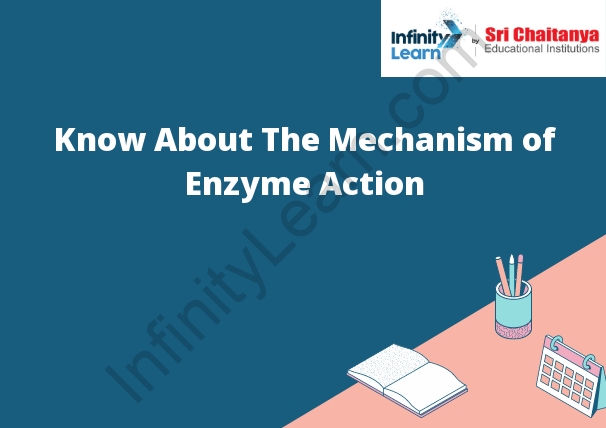Table of Contents
Mechanism of enzyme action
The mechanism of enzyme action is the process by which enzymes catalyze biochemical reactions. Enzymes are proteins that catalyze the chemical reactions of life. The mechanism of enzyme action is determined by the enzyme’s three-dimensional structure, which is determined by the sequence of amino acids in the enzyme’s protein chain. The sequence of amino acids in the enzyme’s protein chain is determined by the gene that codes for the enzyme. The sequence of amino acids in the gene is determined by the sequence of nucleotides in the gene’s DNA. The sequence of nucleotides in the gene is determined by the sequence of nucleotides in the gene’s promoter. The sequence of nucleotides in the gene’s promoter is determined by the sequence of nucleotides in the gene’s regulatory region. The sequence of nucleotides in the gene’s regulatory region is determined by the sequence of nucleotides in the gene’s promoter region.

Enzyme Type and Functions
There are three types of enzymes: digestive enzymes, metabolic enzymes, and hormones.
Digestive enzymes are produced in the pancreas and help digest food.
Metabolic enzymes are produced in all cells of the body and help the cell to function.
Hormones are produced in glands and help to regulate the body’s functions.
Enzyme Action
An enzyme is a protein molecule that catalyzes a chemical reaction in the body. Enzymes are essential for life, and without them, chemical reactions would not occur quickly enough to sustain life. Enzymes can be found in all body tissues, including the liver, pancreas, and muscles.
Each enzyme has a specific job to do. Some enzymes break down large molecules into smaller molecules, while others assemble small molecules into larger ones. Some enzymes help to regulate the body’s metabolism, while others help to fight infection.
Enzymes work by attaching to the molecules that they are to break down or assemble. This attachment allows the enzymes to catalyze (speed up) the reaction. The reaction occurs as the enzyme and the molecule move around, and the energy released by the reaction is used to help the enzyme bind to the next molecule.
Mechanism of Enzyme Catalysis
The enzyme catalyzes the conversion of one molecule of substrate into another molecule of product. The enzyme and the substrate fit together like a lock and key. The enzyme has a specific shape that allows it to bind to the substrate. The enzyme contains an active site, which is the part of the enzyme that catalyzes the reaction. The active site is a pocket on the enzyme that contains the enzyme’s catalytic
The active site is a pocket on the enzyme that contains the enzyme’s catalytic
Nature of Enzyme Action
Enzymes are proteins that catalyze chemical reactions in the body. Enzyme action is specific, meaning that each enzyme catalyzes only one specific reaction. Enzyme action is also reversible, meaning that the enzyme can break down the substrate and release the products of the reaction, or the enzyme can bind to the products of the reaction and form the substrate.
Factors Affecting Mechanism of Enzyme Catalysis
The rate of an enzyme-catalyzed reaction is determined by the following factors:
1. The concentration of the enzyme
2. The concentration of the substrate
3. The temperature
4. The pH
5. The presence of inhibitors or activators
Mechanism of Enzyme Action in Biochemistry
The enzyme-substrate complex is the active site of the enzyme. The substrate molecule binds to the active site, and the enzyme catalyzes the reaction. The enzyme-product complex is the inactive site of the enzyme. The product molecule binds to the inactive site, and the enzyme is released.





